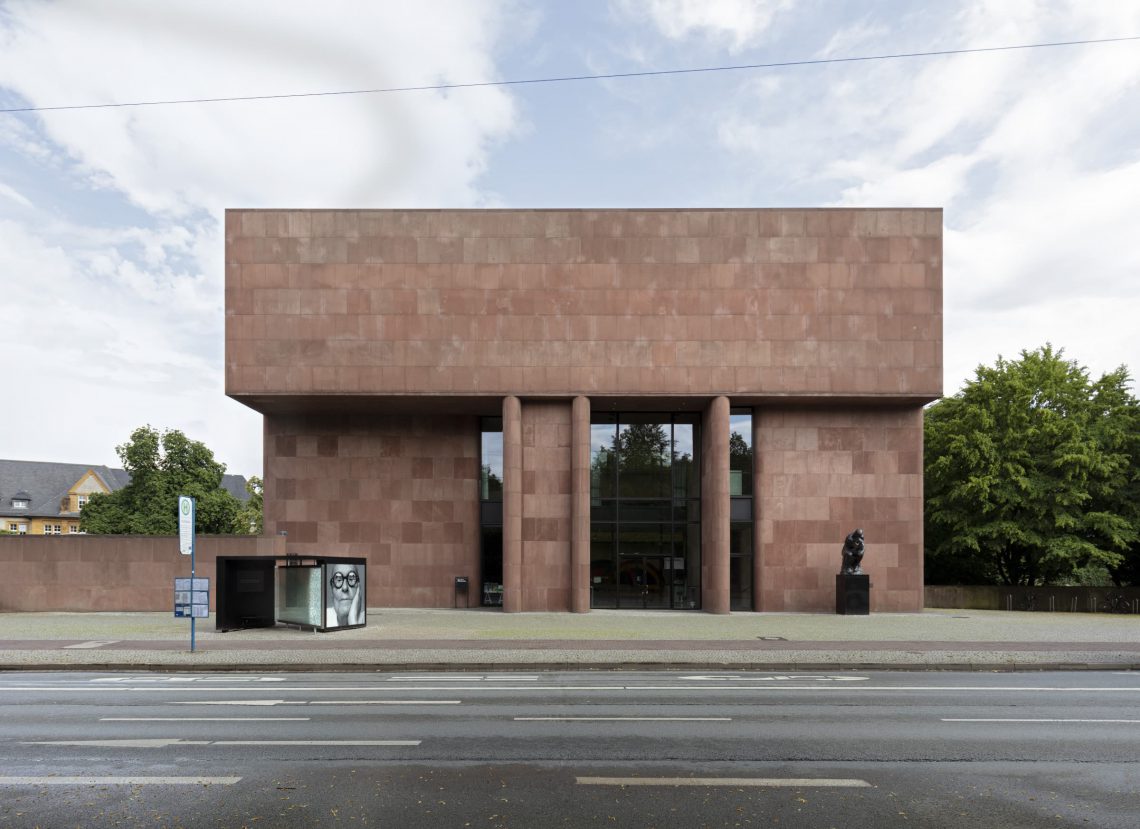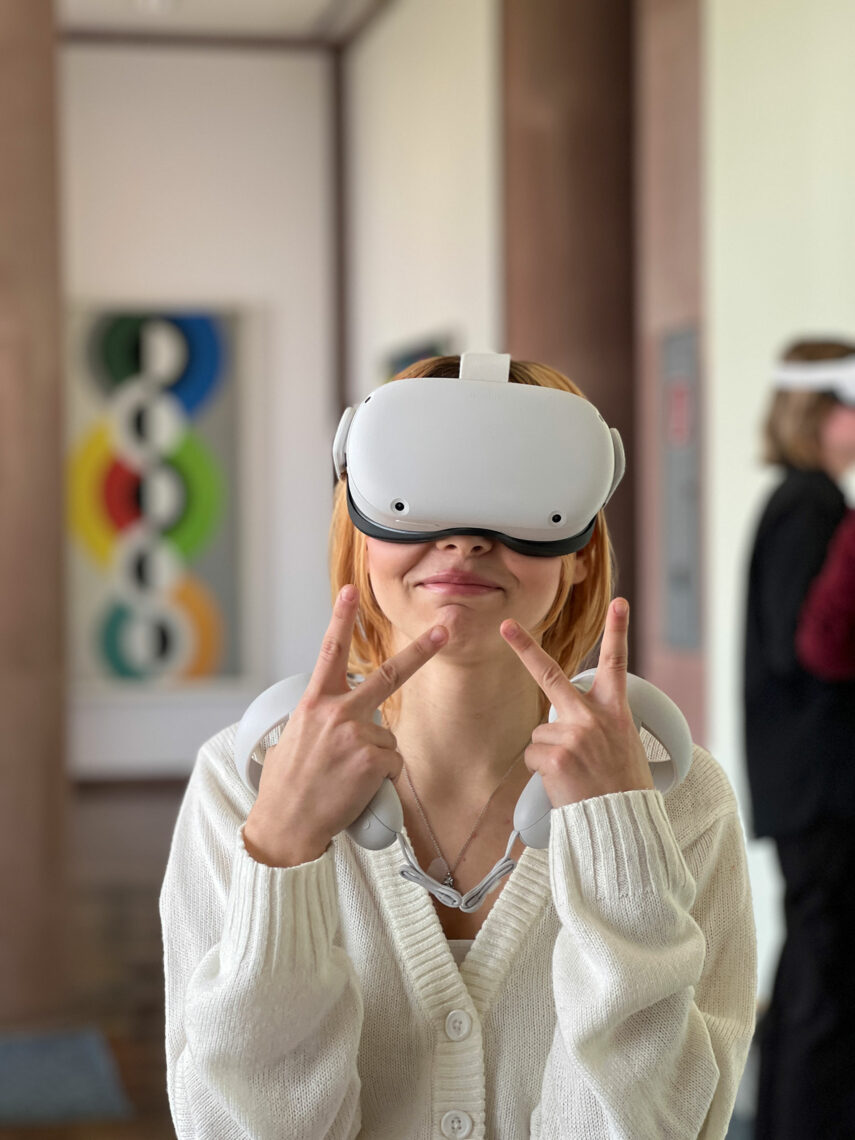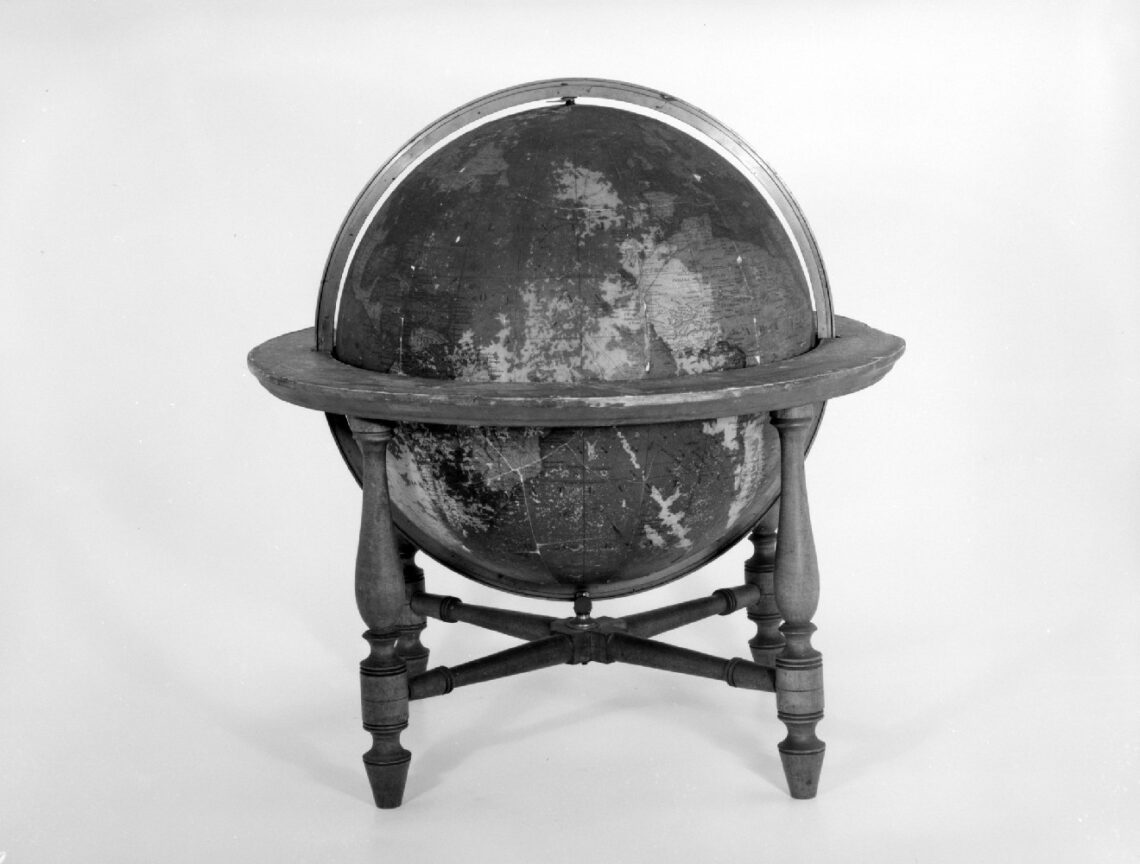Repeatedly finally “discussed out”!?
Biographical and Memory Cultural Observations on Richard Kaselowsky
A contribution by Dr. Jochen Rath
Director of the Bielefeld City Archive and State Historical Library
Keynote speech in the framework of the symposium
Yesterday. Today! Tomorrow?
From the museum of late modernism, its history and its future, monument protection, the “third place” or climate box versus climate crisis.
Part I, April 21 + 22, 2023
Good Spirits, Bad Spirits: Facing the Stories of the Kunsthalle
It has become quiet around Richard Kaselowsky (1888-1944). With a spectacular start in 1968 that attracted nationwide attention, family, politics and urban society, the cultural scene and academia discussed the Bielefeld Oetker partner, NSDAP member and member of the circle of friends Reichsführer SS (Heinrich Himmler) and his interpretation in a committed and contrary manner in waves until 2017.
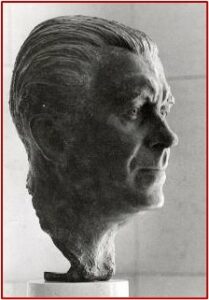

When the Kunsthalle was to be opened in 1968 and named after Kaselowsky, resistance to this dedication arose immediately before the inauguration. Initially, it was left-wing young people who rejected the name-giver as unsuitable because of his Nazi past; national media, academia and open-minded sections of civil society joined in. Politics, administration, the local press, the Oetker family and company, and a conservative cultural establishment, on the other hand, uncritically clung to the naming, even using undemocratic means.
Between the urban social scandal of 1968 and the cultural debates on remembrance up to 2017, opinions and majorities kept shifting with new occasions and arguments: Kunsthalle name, street naming, and most recently Kaselowsky’s mention on the commemorative plaque in the Kunsthalle foyer.

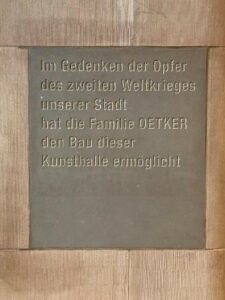
The yielding of the Oetker family to demands for the complete erasure of Kaselowsky’s name from the 2017 plaque deprived the ever-lively urban-social discourse about his person of its last visible place. The public debate about him thus ended, at best became the discipline of historical science, and in any case was fully academicized. This may have been intentional on the part of the family, but may not have been recognized on the part of the activists. The focus has shifted since then: Away from Kaselowsky and Oetker to a consideration of the forms and formats of the debates. At present, no one talks about Richard Kaselowsky anymore, the specialists about the debates around him and still, with an occasional touch of nostalgia, the former protagonists. Opportunities for sustaining the debate with necessary contextualization were missed.
“There are many kinds of Noises. But there is only one silence.” (Kurt Tucholsky)
You can watch the recording of the entire talk here.
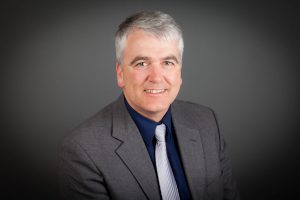
Dr. Jochen Rath, born 1967 in Lemgo. Master’s degree in Modern and Contemporary History, Historical Ancillary Sciences and Political Science at the Westfälische Wilhelms-Universität Münster. DFG scholarship holder within the framework of the Research Training Group “Statehood in the Middle Ages and Modern Times” at the Justus Liebig University. 1997 Doctorate with a thesis on the scope of action of the Hanseatic (cities) in the conflicts of Braunschweig with the Guelphs in the 17th century. 1999-2001 Archivreferendariat at the Landeshauptarchiv Koblenz, Rhineland-Palatinate, and at the Archivschule Marburg. 2001 to 2003 Archivrat at the Landeshauptarchiv Koblenz (among other things, head of the Landeskoordinierungsstelle zur Nachweisbeschaffung für Zwangsarbeiter). 2003-2006 Head of the Warendorf District Archive. Since 2006 Head of the Bielefeld City Archive and State History Library. Publications on urban (including 67 online articles; book: Bielefeld – Eine Stadtgeschichte, 2019), regional, Hanseatic and National Socialist history, specialist contributions on archives. Member of the Historical Commission for Westphalia and of the Advisory Board of the Historical Association for the County of Ravensberg e.V.
The symposium is sponsored and supported by:

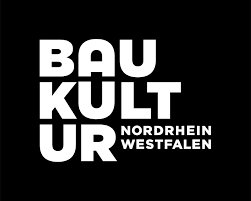

Gallerie

